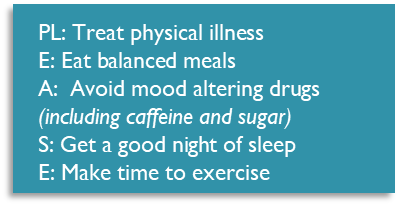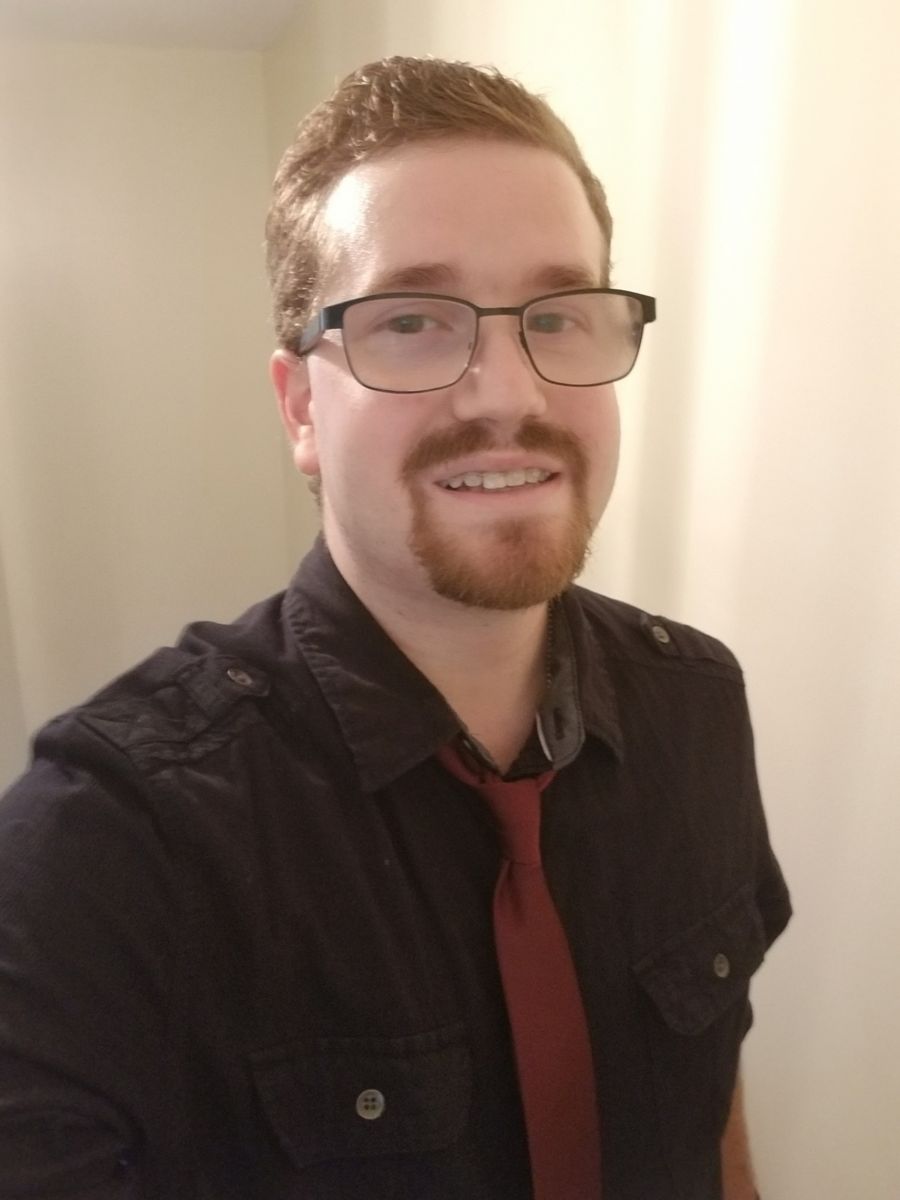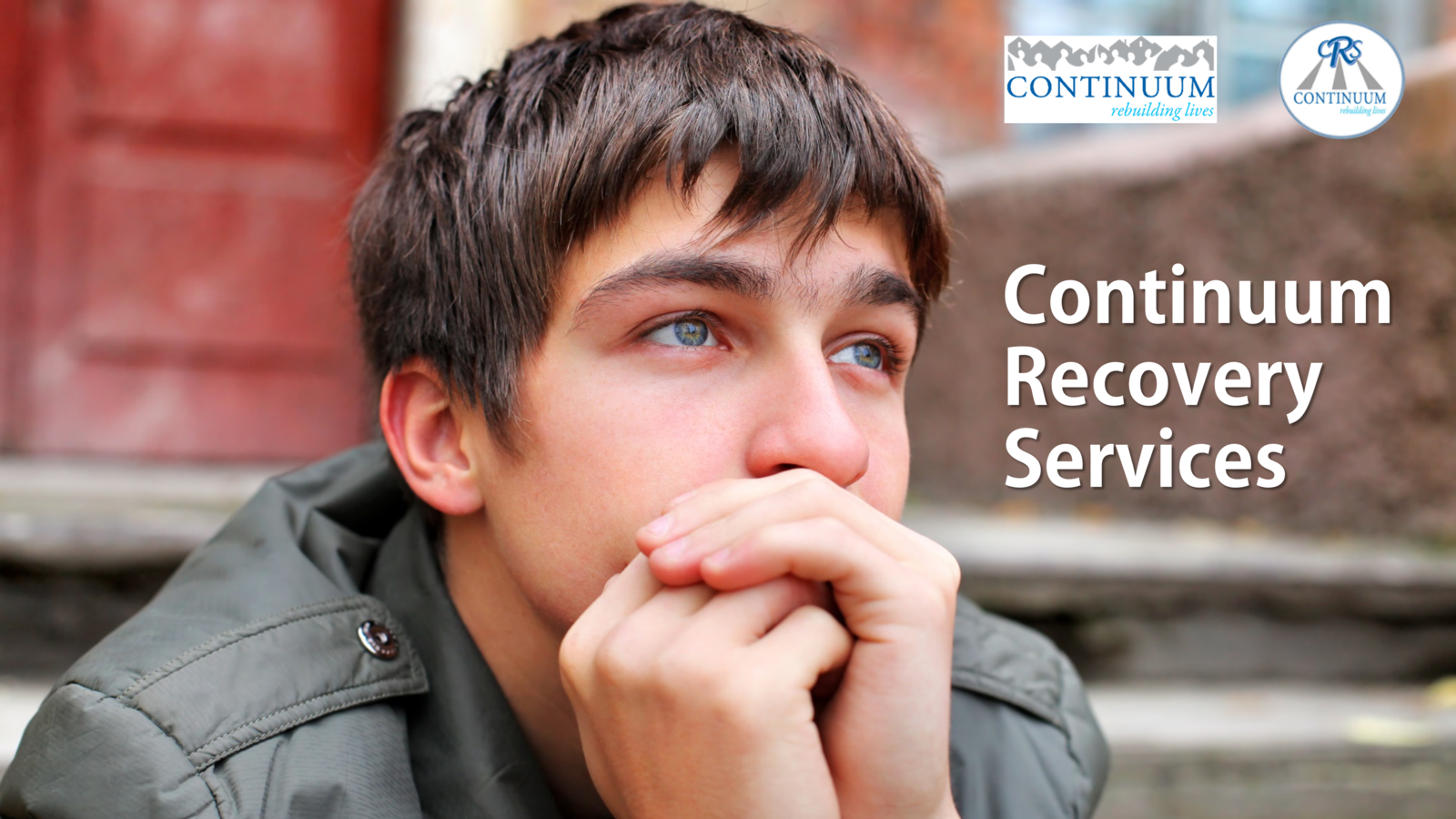Continuum of Care, Inc.’s mission is to enable people who are challenged with mental illness, intellectual disabilities, addiction, or homelessness to rebuild a meaningful life and thrive in the community.
Continuum Recovery Services
Click Here to Visit Continuum Recovery Services' Official Website
Continuum Recovery Services is a mental health residential treatment program that provides immediate and intensive clinical care for adults in need of a structured environment that fosters a foundation for rebuilding a life in recovery.
Many Paths to Recovery
Continuum Recovery Services offers four levels of care. Clients can access treatment at any of these levels of care, and move throughout the levels as their needs change on their path to recovery.
- Luna's Path - Crisis stabilization
- David's Path - Supervised community living
- Tyler's Path - Congregate living
- Julian's Path - At-home services
We are committed to building and strengthening relationships and matching appropriate services to meet an individual where they are. Are you or a loved one facing a mental health crisis? Find your path from crisis to recovery with Continuum Recovery Services.
50+ years experience providing crisis stabilization, residential and community-based services.
Click here for Continuum Recovery Services' Fact Sheet
Click here to read our Blog
Click here to read a CRS Success Story
To learn more about CRS' services and pathways and who we help, click here
Contact
Rista Luna, MA // 475.224.1864 // RLuna@ContinuumCT.org
FROM OUR BLOG
Is It Over Yet? A Lesson in Mindfulness
In December, Comprehensive Treatment Connections — a collaborative partnership between Continuum Recovery Services and behavioral health and substance use providers Progressive Institute, Delphi Behavioral Health Group, and High Focus Centers —hosted an online event to provide the community and fellow clinicians and their clients with tools to manage the heightened stress and anxiety we are all experiencing during this pandemic.
Licensed Clinical Social Worker Tracey Masella delivered a dynamic presentation that reminded us all to go back to the basics by practicing mindfulness and acceptance. Tracey reminded us that it is the awareness that results from intentionally staying in the here and now. It brings us freedom from having to “fix” anything or anyone.
Mindfulness takes us from having to solve problems to being able to hear and validate those around us. By being mindful, we are able to understand the “other’s” experience and we realize that they can manage their own emotions.
Acceptance, Tracey explained, is experiencing reality without judgment. To accept does not mean we are giving in or giving up, but rather that we are welcoming reality with curiosity and kindness — with a commitment to not making the problem worse by staying miserable.
 Tracey gave us an easy way to remember how to take care of ourselves during these difficult times by using the acronym PLEASE (see right).
Tracey gave us an easy way to remember how to take care of ourselves during these difficult times by using the acronym PLEASE (see right).
Using PLEASE will help us feel better both physically and emotionally and it is an easy way to maintain a balanced lifestyle, even with the restrictions that come with social distancing.
Tracey closed her presentation with a quote reminding us to take time away from our computers and social media when we need to regroup: “Almost everything will work again if you unplug it for a few minutes, even you.” - Anne Lamott
Watch the mindfulness presentation below
Click here for more blog posts
FROM OUR STORIES
Hope for the Future: Kyle's Story
 As a child, Kyle was diagnosed with ADHD. Yet, he exhibited a variety of behaviors and feelings that could not simply be attributed to ADHD. In high school, he got into trouble often, and he had been arrested numerous times during his adolescence and young adulthood. He drank heavily and often. There were anger management issues, and major disputes and struggles with his parents and sister. He experienced dark times of depression, and periods of cutting himself and not eating. During one holiday, the police were called and Kyle was arrested for a dispute at home and threatening to take his own life.
As a child, Kyle was diagnosed with ADHD. Yet, he exhibited a variety of behaviors and feelings that could not simply be attributed to ADHD. In high school, he got into trouble often, and he had been arrested numerous times during his adolescence and young adulthood. He drank heavily and often. There were anger management issues, and major disputes and struggles with his parents and sister. He experienced dark times of depression, and periods of cutting himself and not eating. During one holiday, the police were called and Kyle was arrested for a dispute at home and threatening to take his own life.
There are many facets to all of us, including Kyle. For example, he is intelligent; he loves human connection; he plays music, he dates, and he has a strong need for validation. Kyle worked two jobs at a time and was a volunteer fire fighter for eight and a half years. He says he is liked by many, and then there are those who don’t like or understand him.
A year ago, at age 26, Kyle ended up in the hospital. Although he had been hospitalized a few times before, and had been part of a substance use treatment program for young adults, nothing made a sustainable difference. They lacked the intensity of therapy and long-term connection he needed.
Kyle had hit bottom when he came to the hospital. A doctor entered the room and, after a 15-minute conversation, she diagnosed him with high-functioning Autism, anxiety, depression, and borderline personality disorder. She told him she predicted he would bounce in and out of rehab programs for the rest of his life. Imagine! Kyle was overwhelmed by her words and harsh demeanor, and astounded by the doctor’s lack of compassion. He didn’t understand, nor did he feel respected, heard, or understood. Those 15 minutes ignited fear and anger, and in a raised voice, he told her how he felt. Hospital staff were called into the room carrying leather restraints, and at one point they held him down with a knee on his neck as he cried out and resisted.
Kyle’s girlfriend promptly left him when she learned of his diagnosis, explaining that she couldn’t handle someone who has mental illness. This crushed him, and Kyle’s downward spiral was deep. That’s when he was referred to the Continuum Recovery Services (CRS) program. The CRS residential program is designed to help individuals diagnosed with significant mental illness to stabilize and recover from the point of crisis and then go on to learn about themselves and how to manage their diagnosis and build a full and healthy life every single day going forward. Clients are in the program ranging from a few weeks for stabilization to up to a year, or more, of residential care, therapy, life coaching, and case management, depending on their individual needs.
The day Kyle entered the CRS program, he sobbed in one of the staff’s arms, grieving the loss of his girlfriend. His grief was deep. Over time, he developed trust with the staff and fellow clients, and he actively participated in extensive therapies, life coaching, and wellness activities. His medications were adjusted and monitored.
Unlike hospital treatment or the rehab program he attended previously, Kyle says CRS got him to a point of true sustainable recovery because of its intensive therapies, skilled and caring staff, and the fact that they were relentless in trying to support him. They helped him to understand and appreciate his complex diagnosis. They taught him methods to assess his feelings and anger and to control his behaviors. They pushed him to work when he was in an emotional “bad spot,” and gave him tools to balance, reframe, control, express himself, or blow off steam appropriately. Kyle faithfully takes the medication he was prescribed so that he can keep his mood stabilized and control his addictions and behaviors better. One of the most satisfying outcomes of the program is that Kyle embraces his Autism, and enjoys connecting with other fellow high-functioning individuals with Autism.
Kyle’s parents were integral participants in his program. They too wanted and needed to learn about his diagnosis and effective ways to communicate with and support him. As parents, they also received much needed support given the past and ongoing challenges they have experienced.
 After several months at CRS, Kyle now lives back with his mom. The relationship with his family has greatly improved. He is continuously learning and connecting with new people. He also has a spiritual side, and feels connected to Archangel Raphael, the archangel of healing. Kyle has hope and aspirations for the future. He would love to be a famous musician, and have a family someday with whom he plans to openly share all he has gone through and all he has learned along his unique, winding road of life.
After several months at CRS, Kyle now lives back with his mom. The relationship with his family has greatly improved. He is continuously learning and connecting with new people. He also has a spiritual side, and feels connected to Archangel Raphael, the archangel of healing. Kyle has hope and aspirations for the future. He would love to be a famous musician, and have a family someday with whom he plans to openly share all he has gone through and all he has learned along his unique, winding road of life.
For more Stories, Click Here.
